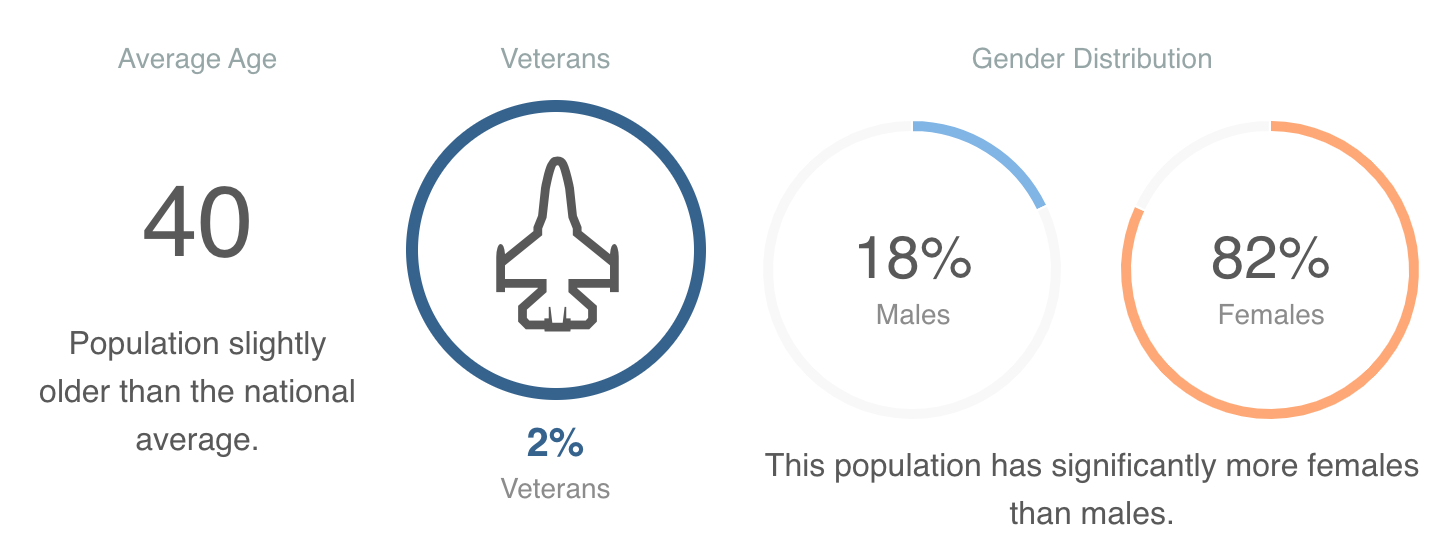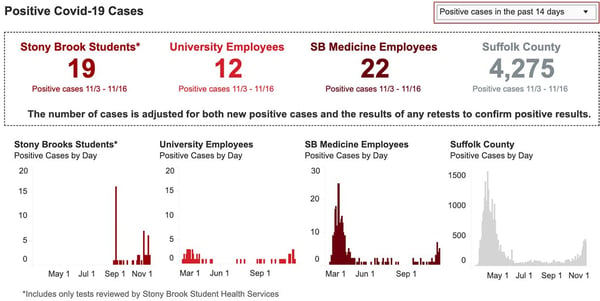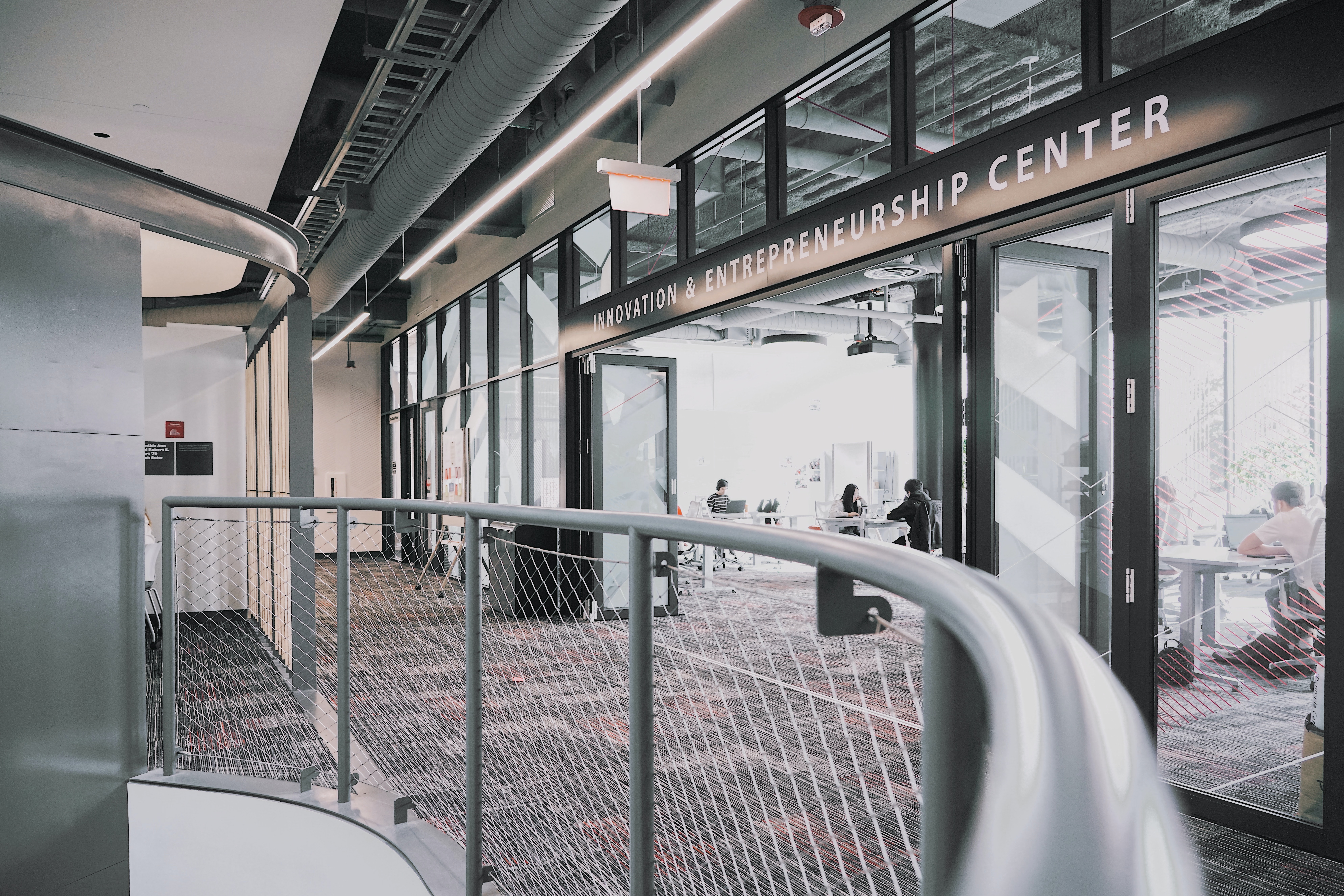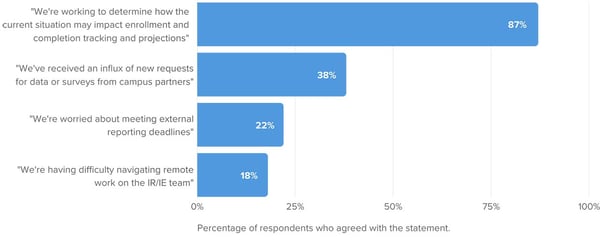We wanted to learn more about the challenges and opportunities faced by Institutional Research in 2020, so we sat down (virtually) with IR leadership from all types of institutions to get their perspective on the state of higher education and big data.
Q. What are your main priorities right now, and how has your day-to-day been affected?
Tom Geaghan, Director of IR, Cleveland State University: Over the summer we had to shift away from traditional work in the face of managing a rolling furlough calendar. During that time, we had to pull back on outcomes-related work and new projects to focus more on our core competencies: state and federal reporting and retention and graduation tracking.
Since we have come out of that challenging term, we have actually been quite involved in COVID logistics projects, from helping determine which classes to move to a hybrid model to studying the implications of a move to an opt-in pass/fail grading system.
Nick Stevens, Chief Data Officer, University of Kansas: We are involved in a lot more operations things, like reshuffling the fall schedule by analyzing classroom capacity data or creating new instruction modes that account for course transformation. Surveys that would normally be designed over 3-4 months often now have 24-hour turnaround times.
Jolene Hamm, Director of IR, Piedmont Virginia Community College: The strategic plan is written with fluidity, and our mission hasn’t changed. Our primary goals are Student Success, Academic Rigor, Inclusion and Diversity, and Graduate Employment. Our biggest concern is with transfer students and how four-year institutions will treat pass/not pass grades. Another focus is on students’ needs (i.e., food insecurity, homelessness, and WiFi capabilities at home); unfortunately, the data is not always available for these variables. We want our students to be successful, and we strive to help our students achieve their goals.
Q. Equity, diversity, and inclusion are priorities for IR right now. How does data play a part?
Juan Xu, Director of IR, Clemson University: Filling in the student achievement gap has been a priority at Clemson University, so is increasing representation of underrepresented minority among our students and employees. My team provides data to measure and to inform the progress towards these goals.
Jolene Hamm: Underrepresented populations have always been a huge focus for us. Three years ago, our student population was 29% diverse students. Now, it’s 33%. Each year, we’ve seen an increase in diversity. In order to facilitate success, we identify the most vulnerable groups via data (i.e. GPA and retention), and the College develops a way to bridge the gap effectively.
For the last two years, our mentorship programs have targeted minority and/or at-risk students, specifically African-American males, because at PVCC, the retention rate and GPA for this population are less than PVCC would like for its students to achieve (2.8 minimum GPA). The program results have shown improvement in GPA, but we’re looking to make bigger strides. There is a constant dedication from the mentors to get their mentees through to the finish line, either transfer or graduation. If we had more funding, we would be able to do a better job.
Another resource I'm excited about is the Student Financial Resource Center. The resource center provides access to community and college resources, such as the emergency fund. A program unique to PVCC is Network2Work, a job network that connects people looking for a job with the skills and resources needed by community employers. This helps employers hire quality employees, and ensures individuals are valued for their capabilities.
Q. Student success depends on data-informed decision-making across the campus. During this dynamic time for IR, how have unreliable data lakes and information silos continued to undermine progress?
Tom Geaghan: It’s a real problem. There are a lot of people in the room to make the best decisions possible for staff and students, but a lot of data analysts are not at the table to combat how we measure their metrics. For instance, we have found that data collection is happening around timely issues such as COVID cases and CARES Act spending, but with that even some data is siloed or protected — making certain types of analytical and reporting work difficult.
Juan Xu: In a time of crisis, some decisions need to be made more quickly than usual — data becomes more prominent. Providing accurate, consistent and timely data to inform decision-making is the core mission of our Office for Institutional Research. I think all IR professionals need to step up to help our institutions.
Jolene Hamm: We don’t struggle at all in terms of capturing data — one thing I brought to the institution was alumni employment data. If our alumni work for an employer who is registered with the Virginia Employment Commission (VEC), we get all employment data thanks to the relationship that the Virginia Community College has with the VEC. In addition to the VEC data, we send out two surveys to learn if the skills and attributes we are training our students for are the quality they need to be.
The VEC helps tell us if a graduate got a job, but we don’t know if they keep their job; and if they don’t keep their job, why. As a result, we survey our graduates six months after graduation and ask if the skills we were training them for are appropriate for the job we said we prepared them for. We also want to make sure that these skills are the quality employers want, so we send out an employer survey, which includes satisfaction of skills produced in their program.


Employment data for Piedmont Virginia Community College analyzed by CrowdSegment reflects alumni outcomes for Registered Nurses and includes top employers, industries and demographics.
We also gather status on transfer students from major institutions like the University of Virginia, Virginia Commonwealth University, and Virginia Tech. If we notice a trend in retakes, the Provost and Dean work on a plan of action to make classes transferable.
Q. Can you comment on this statement? EAB conducted a survey to evaluate IR’s priorities and needs. Respondents cited a concern around holes in longitudinal data with many surveys cancelled, courses transformed, and assessments interrupted.
Nick Stevens: True statement. We cancelled most surveys except our graduate student satisfaction survey, which had to be modified to collect only the bare minimum necessary for assessment. Course transformation and campus de-densification required modifying instruction modes, creating additional sections, etc., which will impact our longitudinal trends and year-over-year comparisons.
Juan Xu: A survey respondent may not provide a true answer when under stress. Therefore, the integrity of data collected through quantitative surveys at a time of crisis may be compromised. A qualitative approach to gathering data, like interviews, may be a better approach during these times.
EAB asked: We know the current COVID-19 pandemic has caused significant disruption across university campuses. How is this impacting your team's work?
Q. In terms of collecting longitudinal data on graduate outcomes, are you confident in the data you are gathering and will be able to gather moving forward?
Nick Stevens: During the summer, we focused on the recruitment of the freshman class. Graduate outcomes are still very important to us, and once the disruption from the pandemic is over, we hope to shift our focus back to this critical task
What new data-driven tools were delivered during the pandemic?
At Clemson, new online self-service tools have been developed by the Office for Institutional Research (OIR) and Clemson Computing and Information Technology (CCIT) to ultimately improve student retention and success. The reports help campus administrators monitor and benchmark student and course registrations, student registration, and graduation status. Juan Xu and Joe McLaughlin, Institutional Researcher at Clemson, presented the new reports at Analytics Day hosted by Appalachian State University this past June.
Stony Brook University’s Office of Institutional Research, Planning & Effectiveness (IRPE) developed a public-facing dashboard to display information about COVID-19 on the campus.

Want to understand the state of higher ed at your university? Get your free alumni insights report.
Click here to get a free data snapshot of your university outcomes. Steppingblocks will analyze your institutional alumni from our database of over 100 million real people in the workforce. Understand your impact to prove (and improve) the value of a degree from your university.





